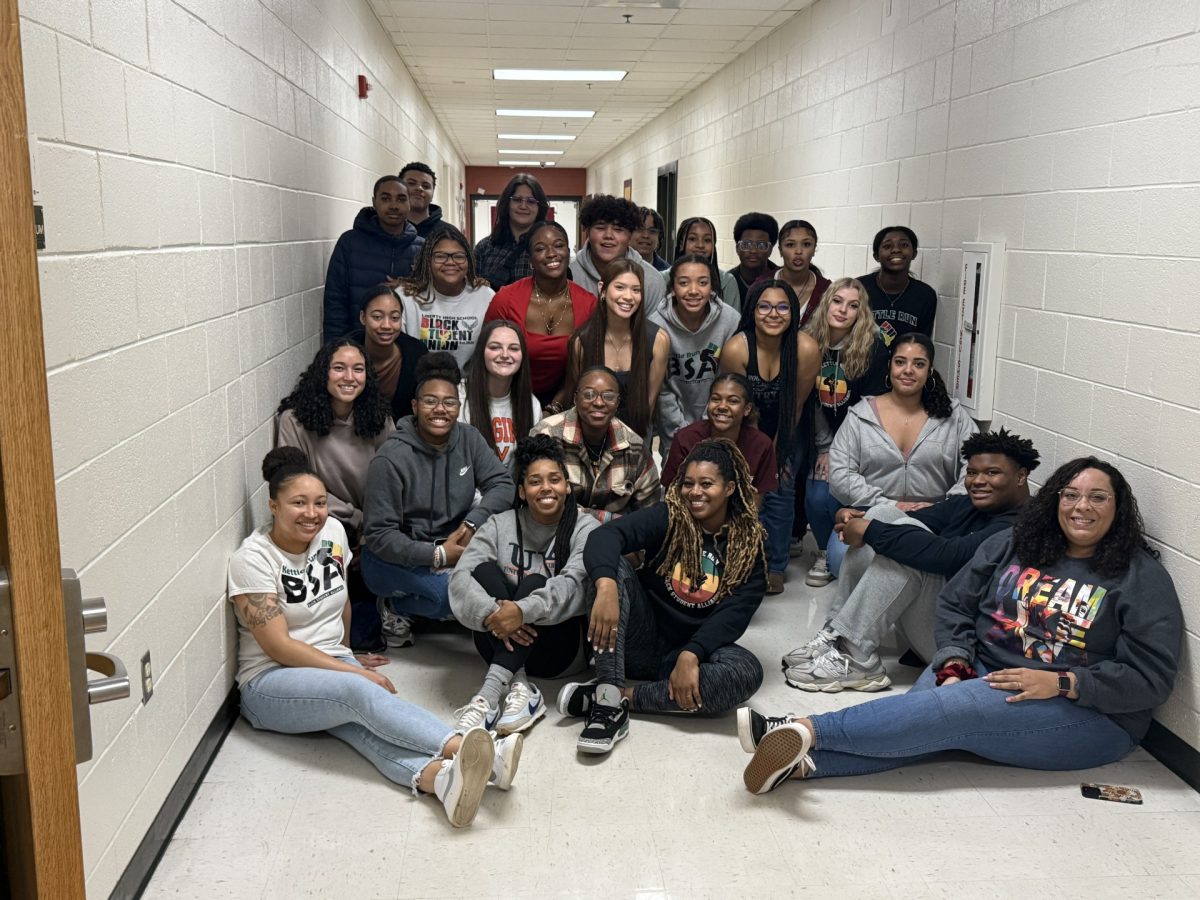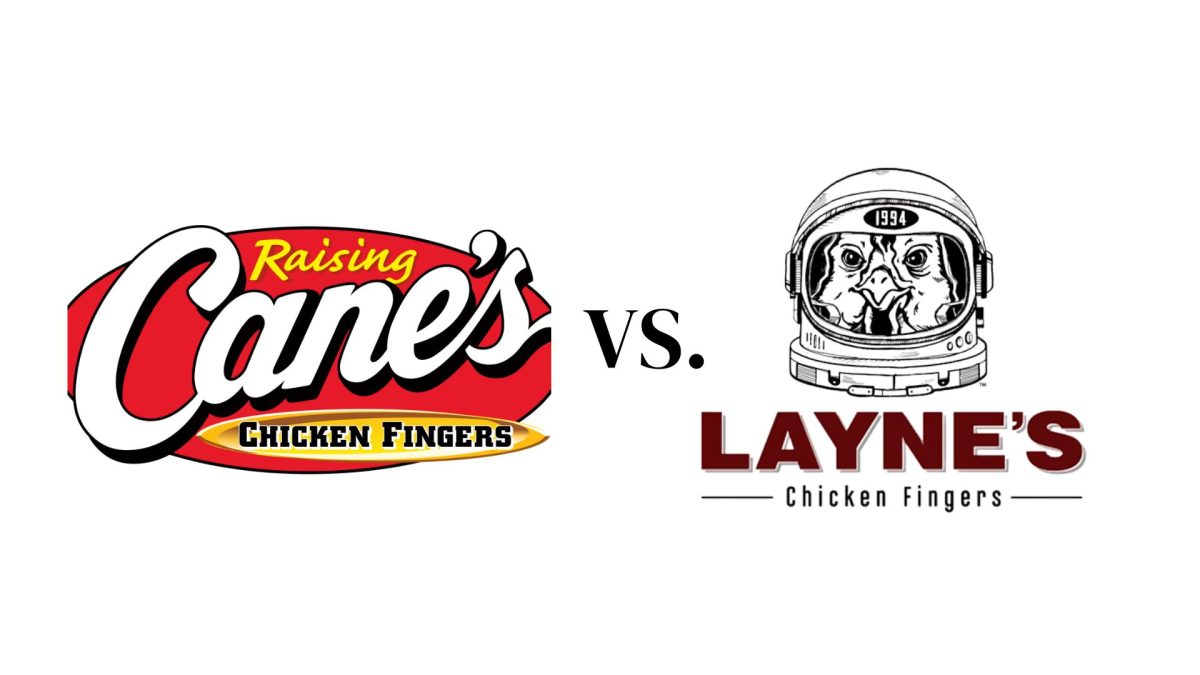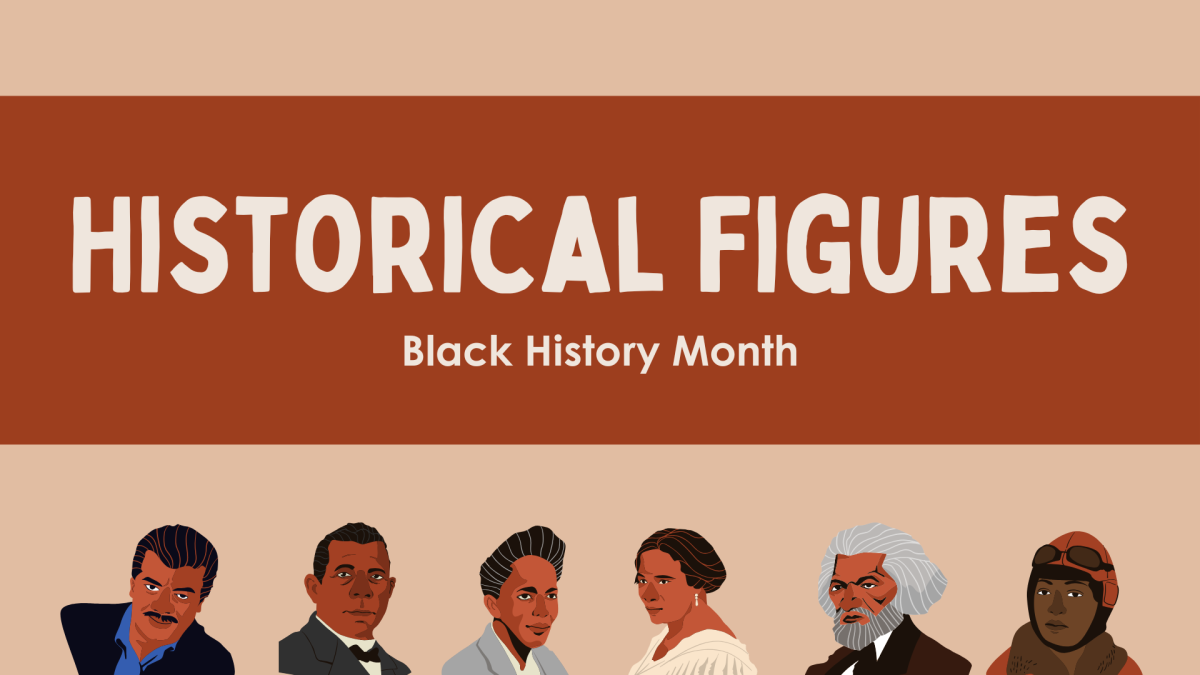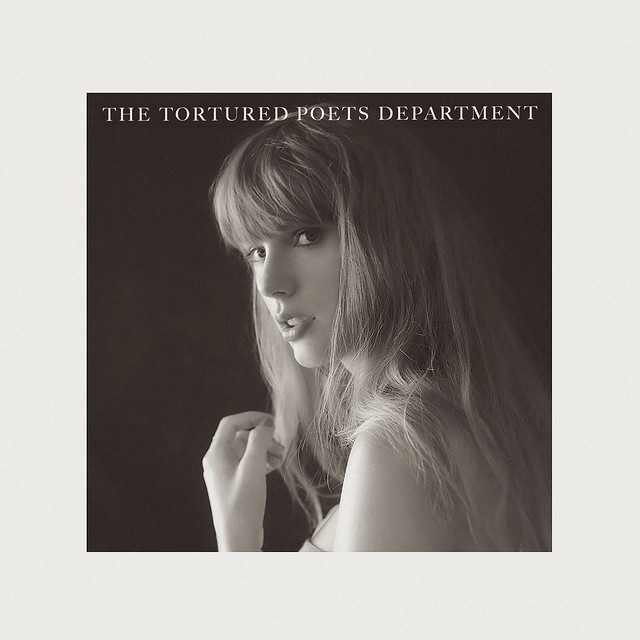Heated Gubernatorial Race Ends
What Virginia’s new governor will bring to the table
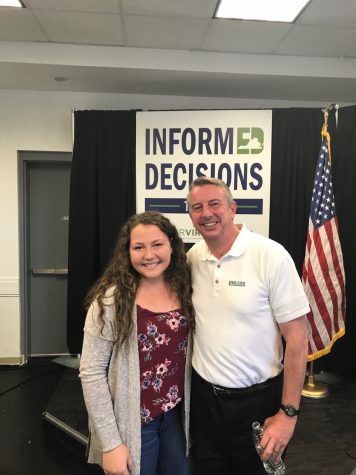
Enjoying an event hosted by Republican Ed Gillespie,
sophomore Audrey Fisher supports her favorite candidate during the peak of the election.
There’s a new sheriff in town. Or should I say, governor.
On Tuesday, Nov. 7, Democratic candidate Ralph Northam, a 58 year old physician, was elected the new governor of Virginia.
The Virginia Department of Elections concluded that Northam won by a margin of 8.9 percent. The Democrat attracted the most voters from across the state, specifically from northern Virginia and counties near Virginia Beach.
Northam ended the night with 53.9 percent of the vote while opponent, Republican candidate Ed Gillespie, ended with 45 percent of the vote. Independent candidate Cliff Hyra gained only 1.1 percent of the vote.
In Fauquier County, however, Gillespie earned 59.6 percent of the vote while Northam earned a mere 39.1 percent.
Early polls showed Northam and Gillespie in a tight race, and the results show a slightly different outcome seeing as the difference in percentage points increased to almost 9 points.
Gillespie’s loss comes as a blow to the GOP which was already concerned about its standing with voters considering Donald Trump’s record-low approval ratings.
Senior Molly Marato wasn’t surprised at Northam’s success.
“Because Virginia went blue for the presidential election and the previous governor election, I was pretty confident Northam was going to win,” said Maranto.
Northam stands firm in his position on various policy issues, though many consider him a moderate Democrat, as many also consider Gillespie a moderate Republican. Because of this, voters had a difficult time deciding which candidate to vote for.
When it comes to crime control in the state, Northam believes that equal protection under the law is something that all citizens should share. One of his major plans for the criminal justice system is to continue to allow ex-felons to regain their voting rights, or re-enfranchisement, a policy created by current Virginia Governor Terry McAuliffe.
Senior Josh Rigby has conflicting feelings about parts of Northam’s policy for a few reasons.
“I do see his point that committing some crimes have nothing to do with fulfilling a civic duty,” Rigby said.
Despite his differing opinion, Rigby can’t yet tell if Northam will benefit Virginia.
“Politicians often campaign one way and then govern another way, so right now I am just waiting to see what actually happens,” said Rigby. “I think it’s too early to judge his policies right now.”
In regards to education, Northam plans to revise SOL tests to encourage teachers to implement more creative methods of learning. Northam’s campaign website states that schools “need to teach our children to think creatively, not teach them to take multiple choice tests.”
In addition, Northam strongly believes in cutting college expenses in order to allow more students to earn post-secondary degrees.
Freshman Evan Mitchell likes these ideas for reforming the state’s education system.
“I think it’s a good plan because then you are prepared for what’s to come in the future and you would learn the curriculum faster,” said Mitchell. “It’s also good because college would be available to more people.”
Equal rights is one of the most important social issues today. Northam’s policy includes acting as a “brick wall against President Donald Trump’s discrimination.”
Junior Claire LaFleur supports this position wholeheartedly.
“I think he is doing the right thing morally,” said LaFleur. “He’s smart to appeal to the common youth population.”
Other big changes Northam plans to bring include an increase in technology usage, stronger environmental protections and a solution to end the opioid crisis. Northam’s stance on these important issues has been met with disdain from Republicans and Democrats alike, but only the future knows what’s in store for the commonwealth. Northam will be sworn into office Jan. 13, 2018.



